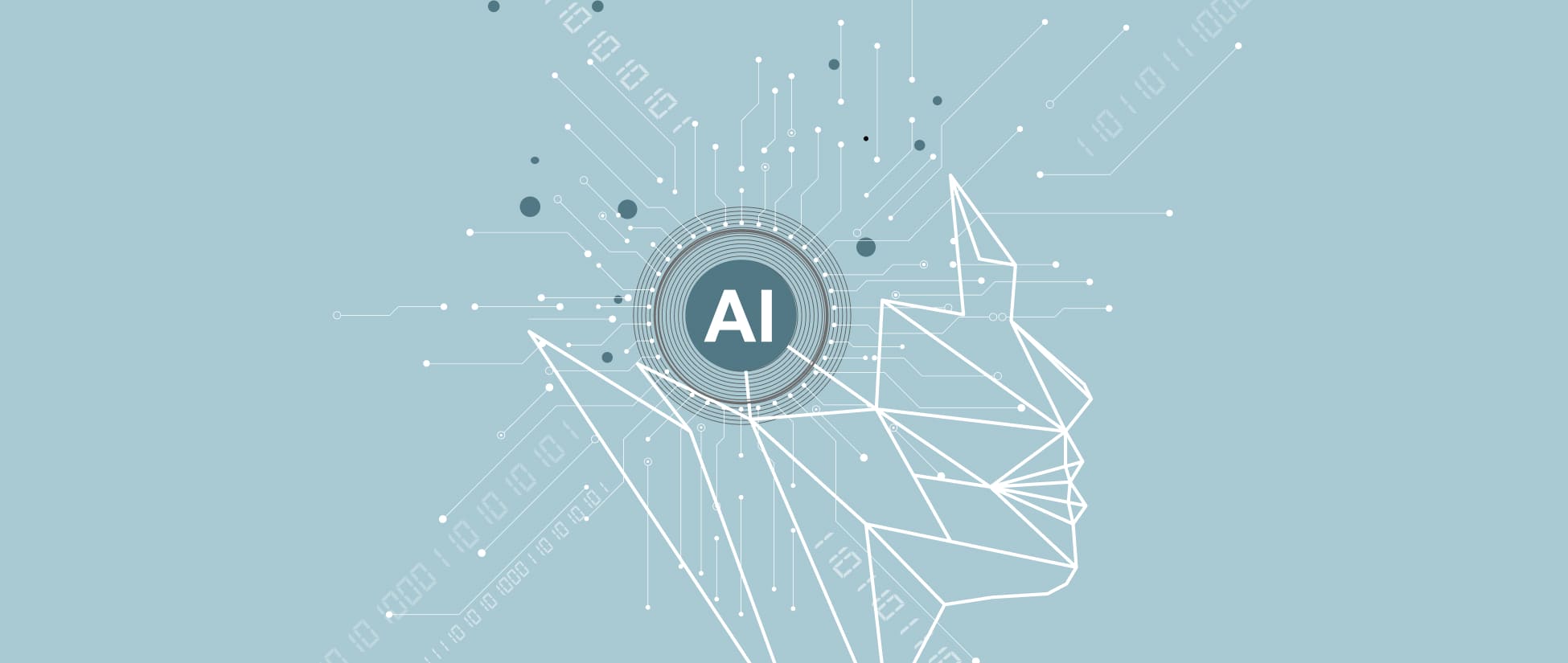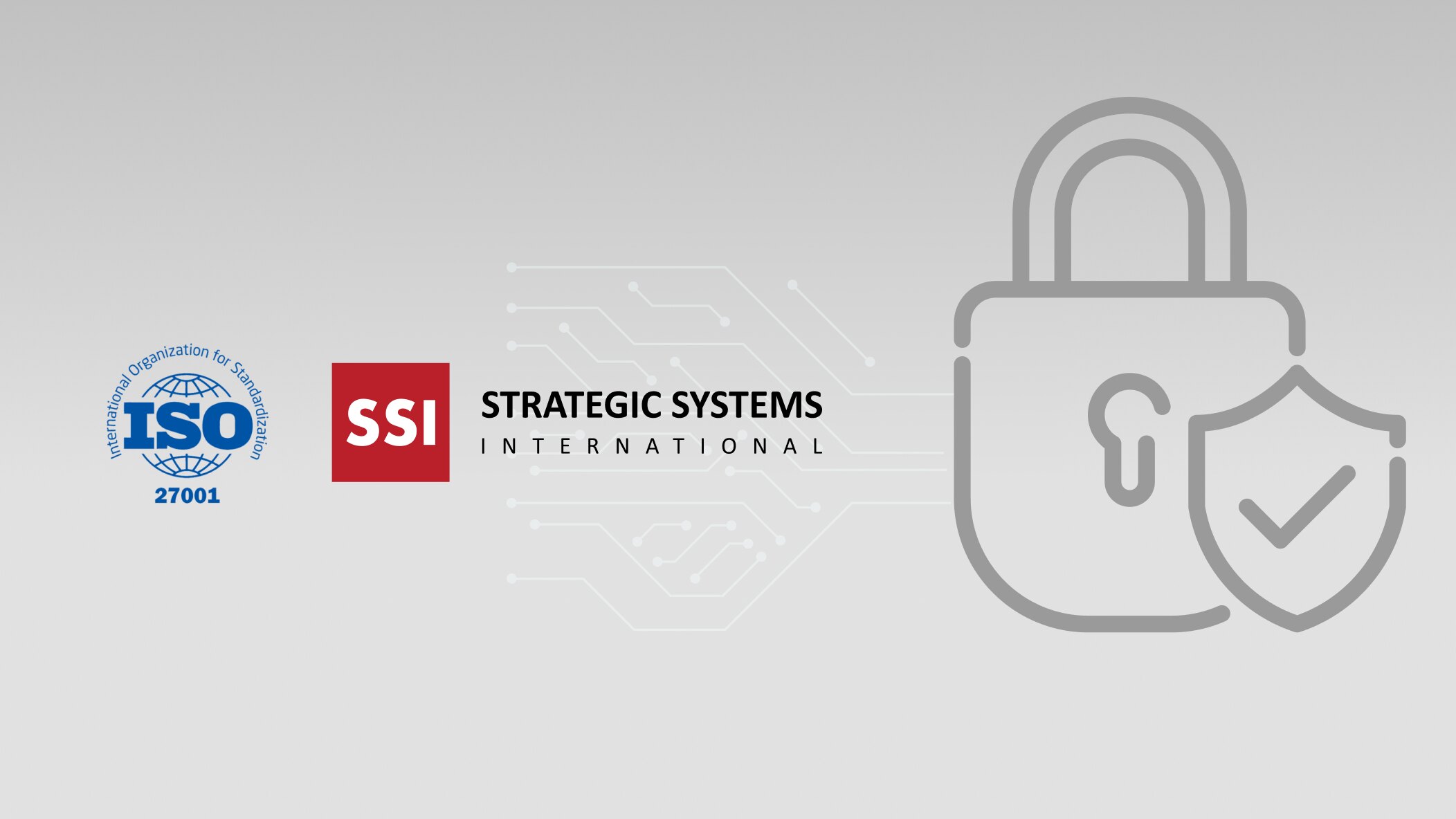As we navigate the ever-evolving tech landscape, 2024 presents a pivotal moment with trending technologies: Artificial Intelligence (AI) and Quantum Computing. Their convergence promises to reshape industries, redefine problem-solving, and usher in a new era of computational dominance.
AI
AI has brought a tectonic shift in the tech landscape. It’s happening NOW, and it’s happening every second in every industry, every sector, and every corner of the globe.
AI has its reach across various sectors, from healthcare diagnostics powered by deep learning to personalized learning platforms fueled by adaptive algorithms. AI is a technological powerhouse reshaping how we approach problems and innovate in the digital age. AI-driven robo-advisors are transforming the financial industry. Companies like Betterment and Wealthfront use AI algorithms to analyze market trends and customer preferences, providing personalized investment advice and managing portfolios.
Satya Nadella, Microsoft CEO, says: “AI is the most transformative technology of our era, with the potential to reshape every aspect of human life.”
The impact is tangible. In 2023 alone, the global AI market surpassed $360 billion, projected to reach a staggering $1.6 trillion by 2025. This growth reflects AI’s ability to:
- Automate complex tasks: Repetitive processes succumb to AI’s tireless efficiency, freeing human capital for higher-order pursuits.
- Optimize decision-making: Data-driven insights from AI empower informed choices, mitigating risk and maximizing outcomes.
- Personalized experiences: AI can tailor products, services, and interactions to individual needs and preferences, fostering deeper engagement and loyalty.
Read More: Artificial Intelligence Will Continue to Innovate and Automate Across Industries
Quantum Computing
While the buzz is about AI, the future is very promising for quantum computing. This technology harnesses quantum mechanics to unlock computational abilities beyond classical computers.
The quantum computing market is valued at $866 million in 2023 and is expected to grow to $4,375 million by 2028, growing at a CAGR of 38.3% from 2023 to 2028.
Quantum computing’s advantage lies in its ability to:
- Boundless parallel calculations: By harnessing the superposition and entanglement of quantum bits (qubits), quantum computers can explore vast solution spaces simultaneously, accelerating certain tasks exponentially.
- Decode complex systems: From protein folding in drug discovery to materials science simulations, quantum computers can tackle intricate problems that defy classical algorithms.
- Break modern encryption: The future of cybersecurity hangs in the balance, as quantum computers may crack current encryption protocols, necessitating the development of post-quantum cryptography.
Quantum computing is still in the early stages but holds immense potential. It can be used to design new materials with specific properties. Volkswagen, for instance, is exploring quantum computing for battery research, aiming to develop materials that enhance the performance and lifespan of electric vehicle batteries.
Read More: Artificial Intelligence Will Continue to Innovate and Automate Across Industries
The true magic lies in the synergy of AI and quantum computing. AI can design and optimize quantum algorithms, while quantum computing can accelerate AI training and unlock new AI architectures. This potent duo holds the key to the following:
- Revolutionizing drug discovery: Simulating complex molecular interactions could pave the way for personalized medicine and faster development of lifesaving therapies. AI can sift through massive datasets of molecules to identify promising drug candidates. Quantum computing can then simulate their interactions with biological systems, accelerating the development of life-saving drugs.
Google AI and QuTech use quantum computers to investigate complex protein folding, opening doors for new antibiotics and treatments. This research has shown that quantum computers can achieve 100 times higher accuracy than classical computers in simulating protein folding. - Optimize financial models: Quantum-powered algorithms could unlock market insights and generate near-optimal trading strategies, minimizing risk and maximizing returns. AI can develop trading algorithms based on historical data and market trends. Quantum computing can further optimize these algorithms by considering a wider range of variables and complex market dynamics, potentially leading to higher returns and lower risk.
D-Wave Systems works with financial institutions to develop quantum-based investment strategies. CaixaBank, a Spanish bank, reported a 90% decrease in computing time for portfolio optimization problems using D-Wave’s quantum solver compared to classical methods. - Improve Logistics and Supply Chain Management: AI can predict demand based on historical data and market trends. Quantum computing can improve these predictions by incorporating additional factors like production schedules and supplier delays, leading to more efficient inventory management and reduced stockouts.
Maersk is working with Microsoft to develop quantum-based solutions for supply chain optimization by enhancing creativity and reasoning and improving robot control. A recent McKinsey report estimated that quantum computing could potentially add $2 trillion to the global economy by 2030, with significant contributions expected in the logistics sector.
Embracing these two technologies can unlock a world of unimaginable possibilities, shaping a brighter and more prosperous future for the tech industry.
Join the tech revolution!



